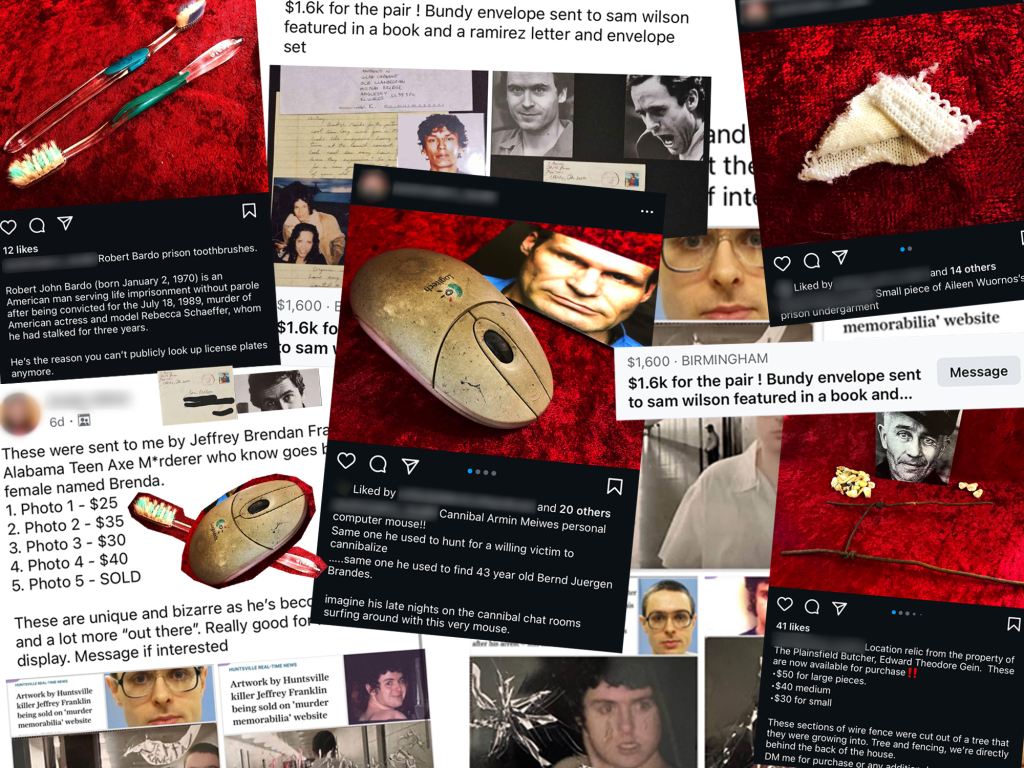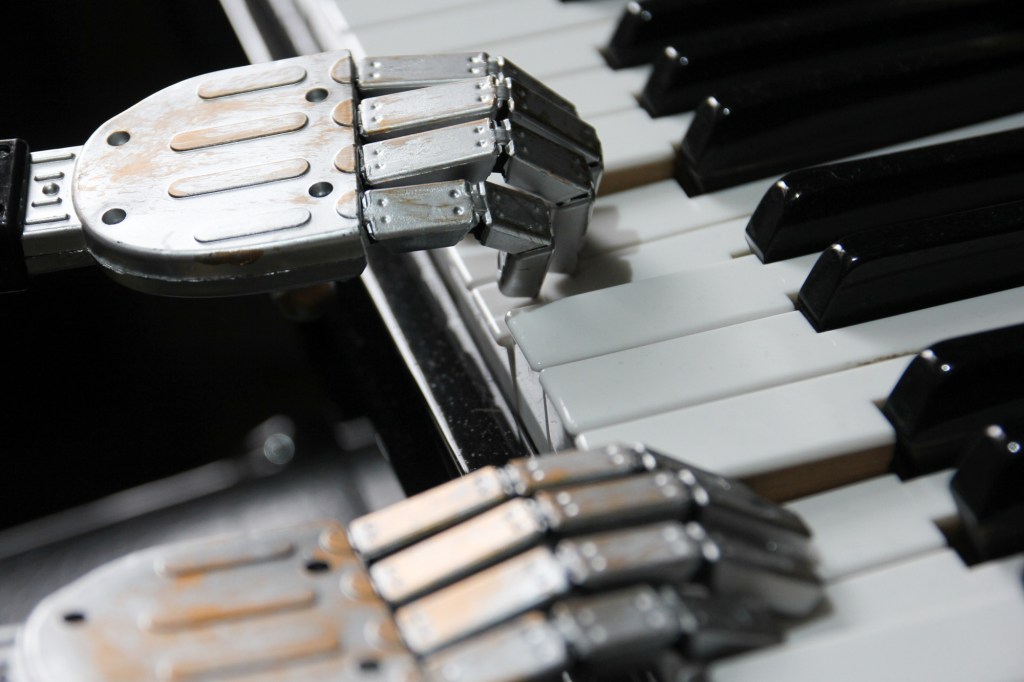Plus-size spokesmodel and internet personality Brittany Gibbons likens shopping for extra-large clothing to the dystopian Hunger Games in The Clothes Make the Girl (Look Fat)?, which is out on December 26 via Dey Street Books. A follow-up to her 2015 memoir Fat Girl Walking, Gibbons chronicles her love/hate (but mostly hate) relationship with fashion, sharing why what we choose to wear is especially important—and emotional—for curvy women.
A self-proclaimed “accidental advocate,” Gibbons shines throughout The Clothes Make the Girl with her honest and relatable account of plus-size fashion, and all the bumps and lumps that come with it. We talked about why The Clothes Make the Girl (Look Fat)? is the empowered battle cry all women deserve.
Videos by VICE

VICE: Plus-size fashion is the single biggest growth area in retail right now. How do you think fashion is (or isn’t) evolving to be more inclusive?
Brittany Gibbons: I think it is, but I don’t know why it took this long. Anyone who’s had to shop for an extra-large knows it’s a Hunger Games situation when you first arrive. I don’t own a company, but mathematically, the need is there. It’s so unique to women, too. Guys just grab jeans off the shelf and then they leave. I could never do that. I need to know how a store’s sizing works. A lot of plus- size stores have eliminated actual sizing so it’s sizes 1, 2, 3, and 4—which is exciting, because then I’m a size 2!
As you explain, body image is a women’s issue—not just a fat women’s issue—and having something to wear is an important part of self-esteem. How do you think that plays into the current plus-size fashion renaissance?
Fashion has always been an industry and a privilege of straight-size women. I’ve never been able to have that experience of shopping with my friends—I would buy a scarf, or perfume—but it’s how we connect with each other. A friend once picked up a sweater and said, “You should try this. It looks big. I bet it would fit you!” They’re just as excited as I am that it’s less awkward for us to go shopping.
A woman’s history is in her closet. Which pieces are most memorable to you?
I still have this pair of American Eagle jeans from high school—they were a size 14 or something, which is now doll-size because there was no stretch. I kept them because I lost a ton of weight in college. They come to my ankles,maybe, and are very small, but I won’t let them go because I remember being really carefree and thin in them. I really should break up with them but now it just feels like tradition.
Other than that, I surprisingly don’t keep a lot of clothing from high school because I was so angry at a lot of it. I had a lot of resentment from what I wore and what I couldn’t fit into.
One of the lessons you mention wanting to impart to your daughter is the idea of
being a better woman to other women, which seems to be somewhat of a movement right now. Why do you think that is?
It’s definitely happening and is a really important lesson. It’s a great time to step up and be a girl’s girl. Politically, there’s so much happening, and so many stresses facing women that for the first time, our voice and platform is the most unprecedented it’s ever been. It’s a revolution. Even five years ago, I didn’t understand the importance of being a woman that supports other women. It’s a late in life thing that I hope comes much sooner for her.
We are kind of on the cusp now with Gigi. She’s somewhat sheltered from the louder noise about body image, but she’s a gymnast, so I know it’s coming. I’m aware of it more than she is.
It sounds like pregnancy might have helped you move forward from an eating disorder. Is that the case?
My pregnancy fell between weird moments in my eating habits. I had bulimia between my freshman and sophomore years of college. My second son was born eleven months after my first son, and I had very disordered eating and was very unhealthy overall. Pregnancy bookended them. Eventually, I had to sacrifice the image I had of myself, but it’s hard to set aside narcissism and the standard of beauty we see in every part of society. To table that, it’s really hard.
There’s a chapter dedicated to your thighs that mentions commentary from high school boys. Looking back, do you consider that to be a form of sexual harassment?
I do. While I was writing, I made a skeleton outline and was reliving it while I was sitting there. This would never happen this way right now. My reaction to it at the time was feeling defeated, and I would hope that wouldn’t be my reaction right now. There are so many more instances where I’m like, this blurs the line of consent. In general, we didn’t have that perspective back then.
What would you say now to the person from your hometown who called you out for editing your photos?
It’s a weird feeling because I want to thank them now, but it was terrible at the time because I knew it was done in a hurtful way. But it was a huge catalyst to change my life, and it changed the trajectory of what I was doing. I wish it wasn’t handled the way it was handled or done as maliciously as it was. I didn’t say anything to them. We both know it happened, and I had to move on for myself or else I would be a terribly angry person.
Do you have any resolutions for 2018?
I don’t make resolutions because I never keep them. I like to make a goal to try something new every year. I think next year I’m going to try to do more independent travel, which I know is weird because I have a family. It’s always Disney World, and I would love to explore something different—like a mini- Eat, Pray, Love journey—and put myself at the center of the travel. I definitely want to go to Europe. I’ve never been!
Follow Allison Duncan on Twitter.
More
From VICE
-

Wanna buy a cannibal's disgusting old computer mouse? (Collage by Ugne Dereskeviciute) -

(Photo by Paras Griffin/Getty Images) -

Not one of the AI Brad Pitts. (Photo by Marc Piasecki/WireImage; LiuNian via Getty Images) -

(Photo by Emma Farrer / Getty Images)
